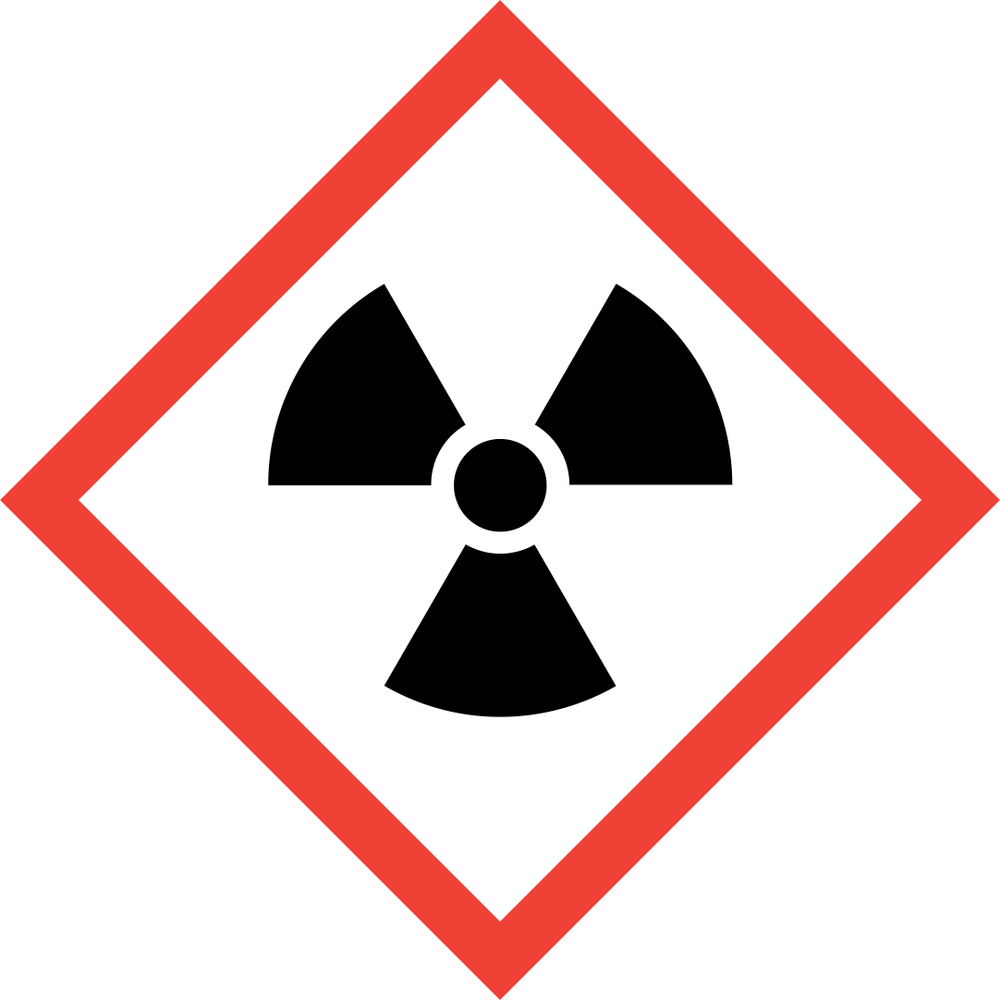
Atlanta-area nuclear regulators, researchers, medical providers and first responders to discuss their roles in the event of a “dirty bomb” attack relying on a radiological dispersal device in a recent workshop.
The workshop was hosted by the National Nuclear Security Administration (NNSA) Office of Radiological Security (ORS), the Nuclear Threat Initiative (NTI) and Emory University. In addition radiological response roles, attendees learned about steps that other communities and organizations have taken to bolster radiological security and reduce the threat of radiological terrorism.
Atlanta has been a key focus of the ORS 2020 Cities Initiative, which aims to step-up radiological security in metropolitan areas across the U.S. by 2020. The initiative secure sites where highly-active radiological materials are stored, and to train law enforcement officers to respond to and investigate the theft of radiological materials.
Through its participation in the ORS 2020 Cities Initiative Cesium Irradiator Replacement Project, Emory University converted its radioactive source-based blood irradiator to an X-ray based unit that eliminates the potential for radioactive byproduct to be used to make a dirty bomb.
Launched in 2014, the Cesium Irradiator Replacement Project provides financial incentives for facilities to purchase non-radioisotopic devices. Its goal is to replace 34 cesium-137 irradiators across the U.S. with non-radioisotopic devices by 2020.




